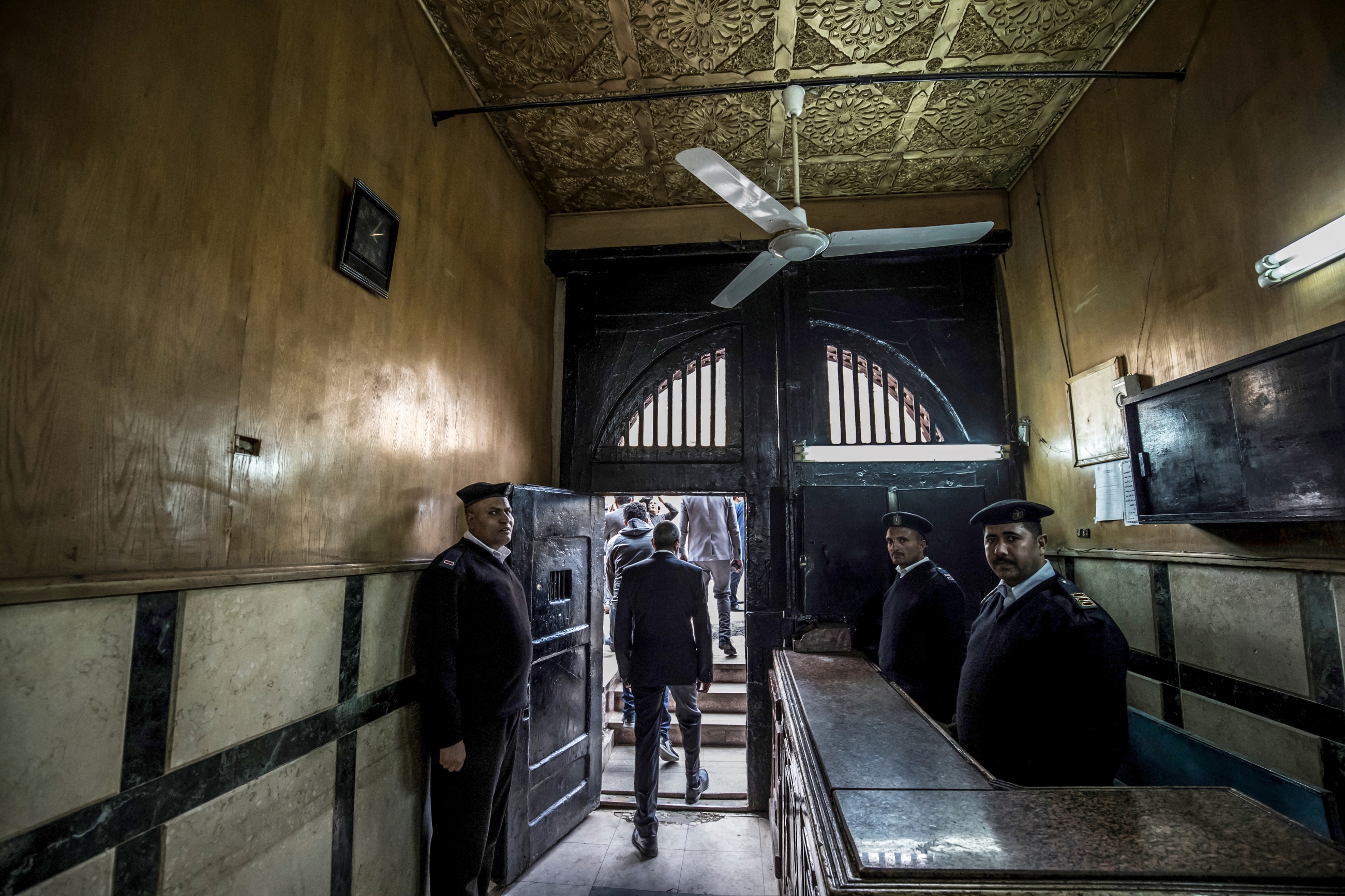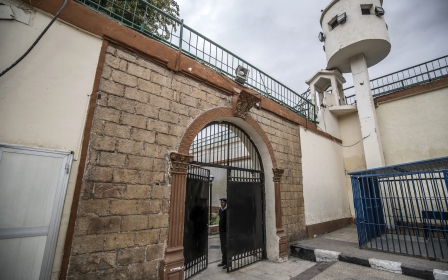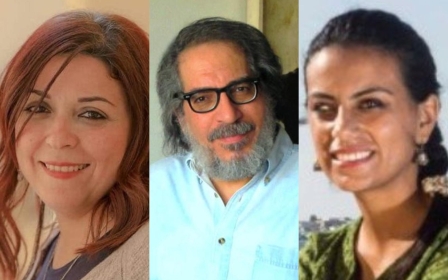Egypt: Prisoners at risk of scabies due to poor incarceration conditions

An NGO in Egypt has raised concerns over prisoners contracting various skin diseases in the notorious Tora high security prison.
The prison, also known as "the Scorpion" or al-Aqrab, has seen an increase in the number of prisoners contracting skin diseases as a result of lack of exposure to the sun and poor hygiene conditions.
In a statement published on Sunday, the Egyptian Network for Human Rights (ENHR) said that a number of skin diseases were spreading within the prison, located 20km south of Cairo, attributing the outbreak to deliberate neglect by the prison administration.
“The spread of scabies, psoriasis, tinea and fungi comes in conjunction with the continued failure of the administration of al-Aqrab 1 and 2 prisons to prevent the entry of hygiene items, general medication, and medicines to protect against skin diseases in particular,” the organisation said.
According to the NGO, a number of factors have contributed to the rise in skin diseases within Tora prison - including high summer temperatures, high levels of humidity and a lack of cleanliness.
New MEE newsletter: Jerusalem Dispatch
Sign up to get the latest insights and analysis on Israel-Palestine, alongside Turkey Unpacked and other MEE newsletters
The organisation has warned that the rise in cases of skin diseases could become a serious health crisis if not addressed immediately.
ENHR described bleak conditions within prison cells with no sunlight or fresh air, leaving cells damp and without sufficient ventilation.
‘Deliberate medical negligence’
Earlier this month, a prominent Egyptian blogger attempted suicide in Tora.
Mohammed Ibrahim - also known as Mohammed Oxygen - was prevented from taking his own life at the last minute.
According to the Arabic Network for Human Rights, Ibrahim had not been allowed access to his family or lawyers, and was also suffering from deteriorating health as a result of ill-treatment and denial of healthcare in prison.
The organisation reported that he was denied family visits for a year and that the prison authorities refused to deliver him food.
Last year, Egyptian activist Ahmed Abdrabbu died inside Tora after facing what a rights group called "deliberate medical negligence" while suffering from a number of chronic illnesses.
Tora has been repeatedly denounced for its "degrading" treatment of prisoners by rights groups.
According to the Geneva-based Committee for Justice, at least 731 people have died in custody due to denial of healthcare since the 2013 coup that led to Abdel Fattah el-Sisi's rise to power in Egypt, while at least 60,000 people have been imprisoned on political grounds, according to Human Rights Watch.
Rights groups and medical professionals have called on US President Joe Biden to urge Cairo to improve its prison conditions after a steep rise in deaths among prisoners.
Middle East Eye delivers independent and unrivalled coverage and analysis of the Middle East, North Africa and beyond. To learn more about republishing this content and the associated fees, please fill out this form. More about MEE can be found here.




